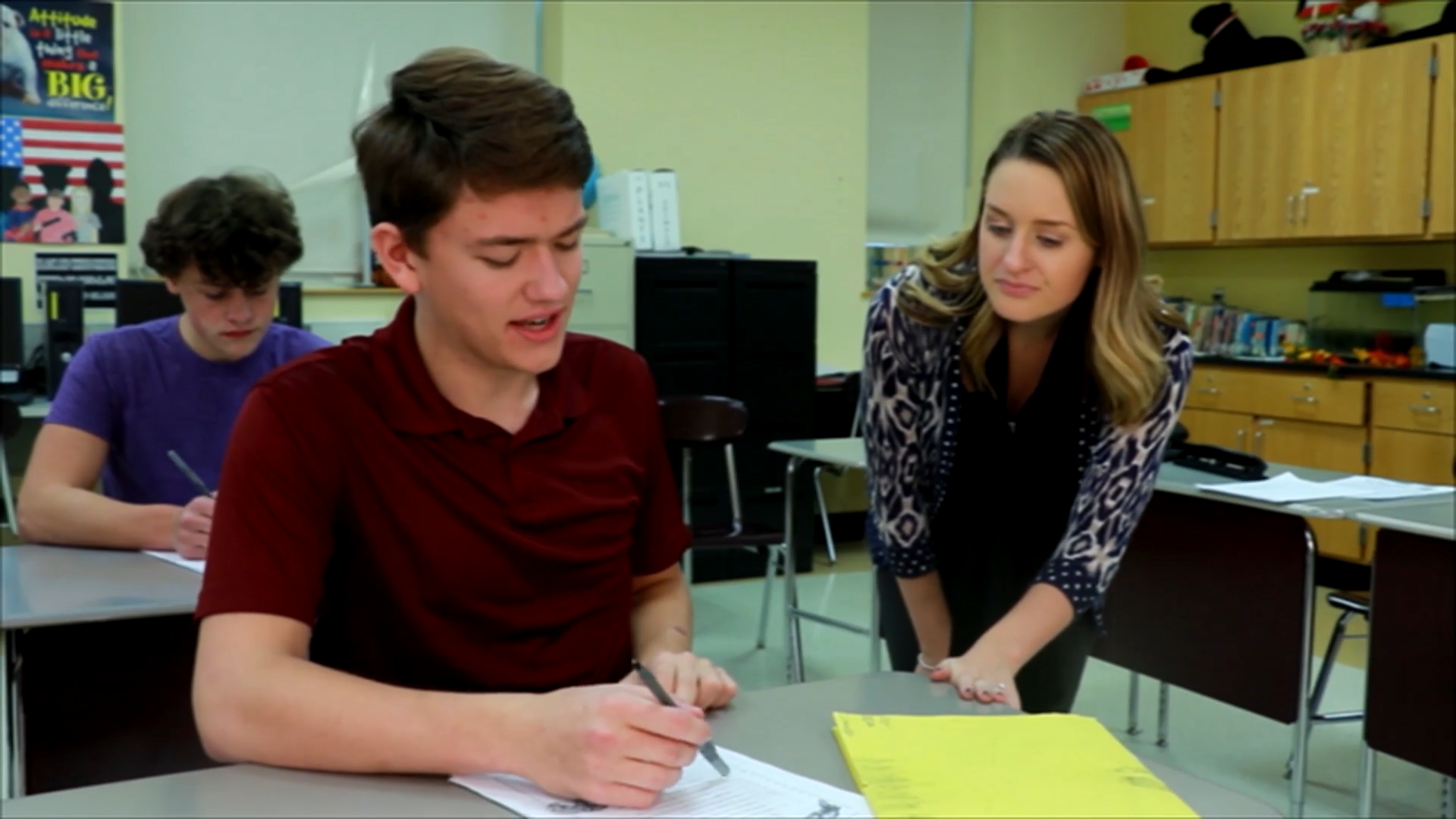In special education, it is crucial to identify and address students’ unique needs to ensure their success. One essential skill for middle school students is the ability to communicate effectively and ask for help when needed. In this blog post, we will explore the significance of this target skill and provide guidance on creating IEP goals to support its development.
Understanding the Communication and Help-Seeking Skill
The target skill involves students being able to recognize when they need assistance, articulate their needs, and seek help from their teacher or peers. This skill is vital for students’ learning, social interactions, and overall wellbeing, as it promotes self-advocacy, independence, and problem-solving abilities.
The Role of Specialists
Various specialists play a crucial role in supporting the development of the target skill:
- Speech-Language Pathologists can help students improve their communication and articulation skills, making it easier for them to ask for help.
- Social Workers can assist students in building self-confidence and navigating social situations, encouraging them to seek help when needed.
- Psychologists can work with students to develop coping strategies and resilience, promoting help-seeking behaviors.
- School Counselors can provide guidance on appropriate ways to ask for help and connect students with additional resources.
IEP Goals for Communication and Help-Seeking Skill
Here are some SMART IEP goals to help improve the target skill in students:
Goal 1: Improve Self-Advocacy Skills
By the end of the academic year, the student will demonstrate the ability to ask for help from teachers or peers in 90% of instances when they are struggling with a task, as measured by teacher observations and self-reporting.
Strategies and activities:
- Role-play scenarios in which the student needs assistance.
- Teach specific phrases and strategies to ask for help.
- Provide opportunities for group work and collaboration.
Goal 2: Enhance Communication Skills
By the end of the academic year, the student will improve their ability to articulate their needs and concerns in a clear and concise manner, as demonstrated by a 75% decrease in instances of miscommunication or confusion, as measured by teacher observations and student self-reporting.
Strategies and activities:
- Practice active listening and paraphrasing techniques.
- Encourage students to use “I” statements when expressing their needs.
- Provide feedback on communication skills during class discussions.
Implementing and Measuring Progress
To effectively implement these goals and measure progress, consider the following tips:
- Collaborate with specialists to provide targeted support.
- Monitor and document students’ help-seeking behaviors and communication skills.
- Regularly review and adjust IEP goals based on student progress and needs.
Conclusion
Developing effective IEP goals for middle school students is essential to help them improve their communication and help-seeking skills. By focusing on these target skills, educators can promote greater independence, self-advocacy, and success for their students. We encourage you to apply these goals in your IEPs and invite you to explore more resources at Everyday Speech Sample Materials.






